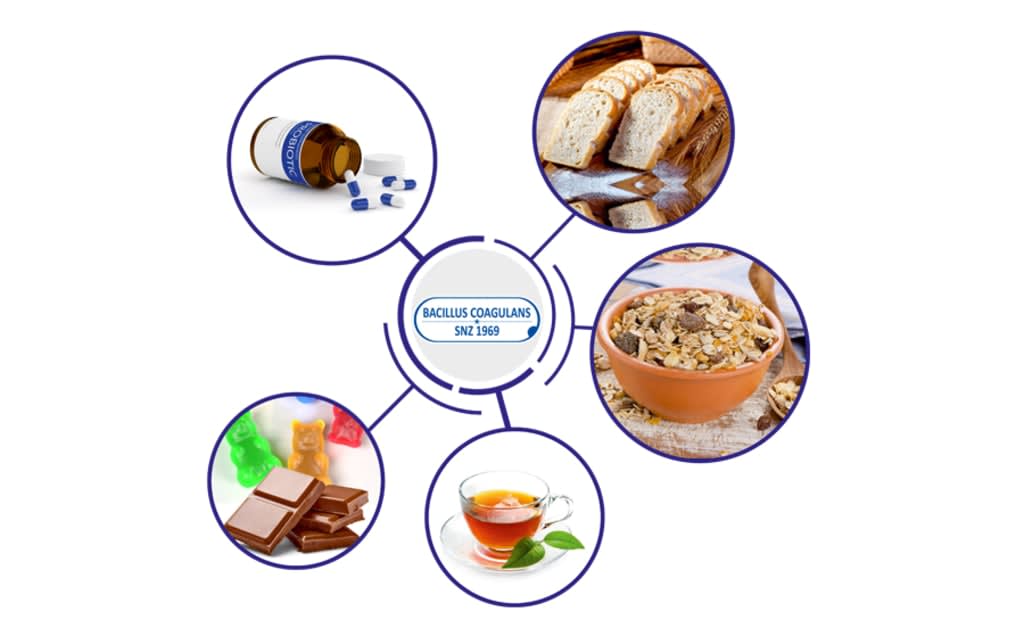What are Fermented Foods? How healthy are they?
Definitions, Properties, Gut Microbiota Impact-Things You should know about Fermented Foods

It is one of the most frequently asked questions about India is "why doesn't India have a cheese tradition"? Or "why doesn't India have a winemaking tradition"? Which is actually a variation on the first question. This assumption is obviously not true as India has both domestic cheese and wine production in different regions. However, when you compare them to the dominant, "mainstream" traditions in Europe, and even Central Asia, you have to admit that there is some basis for that perception.
Both wine and cheese are known to be a product of fermentation, a process that has come under increased attention in recent years in the global food industry. Many nutritionists recommend fermented foods for a healthy gut. Fermented foods have been a hot topic among a lot of people lately. Fermentation is essentially a natural anaerobic process where microorganisms such as bacteria and yeast break down carbohydrates into organic acids such as alcohol or gases. This acid preserves food and naturally turns it into fermented food. In addition, fermented foods have a pleasant taste, texture and aroma. Naturally fermented foods can help promote the growth of good bacteria, which in turn can provide a healthy and strengthened gut. This process is not only used to preserve food, but also to supplement nutrients and probiotics.
In ancient times, fermentation was only available as an option for people to naturally preserve food, remove toxins and improve taste and aroma. But nowadays it is used impulsively because of its potential health benefits. Every bite of probiotic manufacturing equals trillions of good bacteria in the gut, more than an artificial probiotic supplement can provide.
What is fermentation?
Fermentation is essentially a chemical process that uses microorganisms such as bacteria and yeast and involves the utilization of carbohydrates in the absence of oxygen to produce organic acids, alcohol, or gases, depending on the nature of the sugar in the food. Fermentation is used for preservation in a process that produces lactic acid, which is commonly found in acidic foods such as pickles, kimchi, and yoghurt, as well as in alcoholic beverages such as wine and beer.
Fermented foods are basically full of beneficial bacteria that help boost the "good" bacteria in the digestive system. When making probiotics, another great thing about fermented foods is that they are budget-friendly and will help secure food for a longer period of time.
Here are some super healthy, gut-friendly fermented foods you'll love to eat:
a) Indian cheese
One theory as to why we don't have more cheese is pan-Indian food traditions, which are against dividing milk in Ayurveda. However, despite this, Paneer was invented.
Even curds and other forms of curdled milk solids can form some basic cheeses. When we make Paneer from cottage cheese, which is quite a common tradition in North Indian households, we use fermentation. The presence of lactic acid bacteria occurs during milk fermentation and is responsible for acidity and increased food safety.
b) Yogurt
Many nutritionists agree that bacteria can help improve gut function, which is why a variety of fermented drinks and products are being pushed onto the market as superfoods. A simple bowl of yogurt after or with a meal can accomplish the same purpose. In fact, yogurt can also be a common home remedy to soothe an inflamed digestive system and upset stomach in Indians.
c) rice and dal pasta
In many southern states, fermented rice and dal batters are part of the daily diet. Dosas and idlis are the most quintessential breakfast items that may have inadvertently acted as a healing agent to improve the digestive environment, albeit in the tropical heat of course.
d) Pickled cucumbers
Homemade, naturally fermented pickles are great for your gut health. They have lots of antioxidants, vitamins and even minerals. However, a jar of store-bought fermented pickles may not contain these properties.
Probiotic in medicines: Probiotic medicine Sporlac
Around 1964, when soldiers became ill, the discovery of this strain showed potential health benefits. The benefits of this strain of Lactobacillus against loose bowels and constipation were proven that year and after 3 decades Lactobacillus also known as Shrimp Probiotics still remains one of the most trusted probiotics to date.
Microbial food additives
There are many enzymes from bacteria, yeast, fungi, and plant and mammalian sources that are currently used to process foods and food additives. Some of the yeast species used for protein production are the genera Candida, Saccharomyces, Torulopsis and Methylophilus. Enzymes are produced either by surface cultivation on solid substrates or submerged cultivation using liquid substrates. The success of commercial enzyme production is highly dependent on maximizing the activity of the microorganism and minimizing the cost of substrate, incubation and recovery procedures.
About the Creator
Sanzyme Biologics
Sanzyme Biologics is India’s pioneer Biotechnology company and first probiotic manufacturer. We offer various supplements on probiotics, vitamins, and enzymes.






Comments
There are no comments for this story
Be the first to respond and start the conversation.